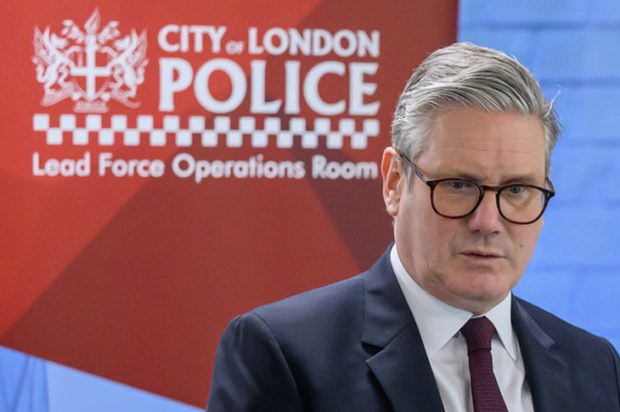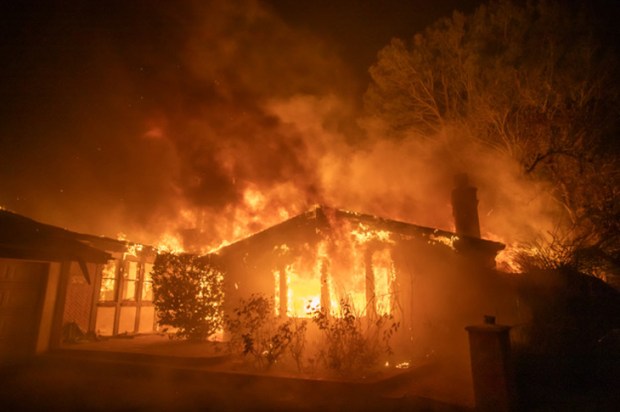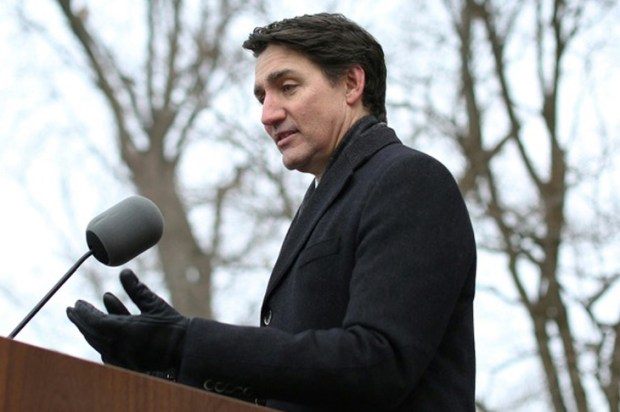Hope suppresses the reality of the future of Syria. Pundits were wrong about the Arab Spring, projecting perspectives into uprisings that weren’t or couldn’t be democratising.
It is happening again. A US delegation that recently visited Damascus and said that it had consulted with Civil Society Organisations (CSOs) stretches credulity. The former Syrian government suppressed and removed all the CSOs. Only individuals were left as nodes of dialogue. Just as in other post-conflict Arab states (Egypt, Tunisia, Yemen, Libya), it is most unlikely that CSOs will have a real role in Syria’s future governance either.
Media commentary has usefully reminded us that the leaders of armed groups in the process of establishing control over territory formerly controlled by the Syrian regime had their origins in extremist Islamist and globally listed terrorist organisations. Meanwhile, realpolitik dictates that no country tolerates a territorial political vacuum – especially in a neighbour. So Syria’s neighbours and states such as the US, the United Kingdom and France, as well as UN agencies, are all taking steps to give the jihadist Hayat Tahrir al-Sham (HTS) militia and its leader Ahmed al-Sharaa (aka Abu Mohammed al-Jolani/al-Jawlani) a chance to fill the political vacuum. These steps mostly relate to various formulations to lift UN or bilateral sanctions on persons and groups to allow lawful contact and dialogue, and allow economic recovery to start.
But as al-Qaeda-affiliated militants live-stream their charm offensive, the mid-term impact of an Arab state run by radical Islamist militants remains unclear for the region and the West.
The transformation of jihadist HTS combatants in Syria and Iraq at the start of the Arab Spring in 2011 and 2012 into the face of the new administration in Syria is being swept under the carpet through a well-coordinated, internationally targeted and highly effective rebranding campaign.
Promises to disarm militiamen and integrate fighters into a new defence ministry, protect minorities, and supposed denunciations of recent attacks on Christian symbols and other Islamist menaces sound good but have yet to develop into real action.
For the international media and Western officials hoping for stability, Assad’s defeat in early December by HTS militants seems a world away from the Taleban takeover of Kabul on 15 August 2021. Let’s hope so. Taleban claims to be moderate were followed by a rapid return to anti-women Islamist conservatism and the Taleban tolerance of armed groups operating in its territory has led even Pakistan to bomb Afghanistan just before Christmas, for the second time since March 2024.
The joyful tumult in recently liberated Syria is a more complex matter to decipher. Foreign observers should be wary about the headlines proclaiming happiness. Sure, there is real relief among many at the fall of the Assad regime. But people are also making a downpayment on their surival by demonstrating compliance with the new occupiers. Performative gratitude and optimistic tumult are traditionally employed to do this. But for recently liberated Syrians, the country’s neighbours and other actors, the question remains, can these Islamist extremists really transform themselves to provide the basic requirements of a working, multi-confessional state able to maintain order internally and along its frontiers and to guarantee civil freedoms better than those available to Syrians until 8 December 2024.
The long-feared jihadists, with their origins in Abu Bakr al-Baghdadi’s Islamic State in Iraq and al-Qaeda in Iraq (AQI) ranks, are now in control of state institutions across Syria.
What evidence is there of a concrete change in worldview among the foot soldiers and their leaders away from the ideology and the behaviour that ignited the flight of millions of people across Syria and Iraq from 2012 to 2017?
The retreat of ISIS terrorists, other anti-regime elements, and civilians fleeing with them to Idlib province under a purported ‘safe haven agreement’ led to an Islamist colonisation of the area near the border with Turkey in 2017. Now, after several years of militia consolidation and preparation, the dominant group, HTS, has taken control of six western Syrian provinces in just two weeks. The HTS-led Syrian caretaker government has yet to demonstrate the capability, not just a stated intent, to govern Syria’s diverse polity.
Experience HTS gained in Idlib may lead to the administration and application of Sharia law and the minimisation of secular rights and freedoms. Factional co-operation may assist it in controlling and running its newly-occupied governorates.
HTS has said it will respect human rights and govern for all Syrians (meaning all religious sects and ethnic groups). But it will be almost impossible to reduce the influence of vengeful or ideologically hardline Islamists within HTS and its partners.
There is a first-mover advantage in Syria. Qatar, a friend of Islamists and Turkey and soft on Islamic State, has seized it and re-opened its embassy in Damascus.
HTS, under internal and external pressure, is making substantial concessions to non-Muslims and schismatic Muslim minorities, to meet Western expectations of so-called good behaviour in exchange for access to economic and humanitarian resources and in response to foreign military pressure along Syria’s territorial borders.
The mix of HTS’s collective extremist ideological history and foreign and domestic demands for concessions of both a practical and a philosophical nature (for example acknowledging Western views on human rights and freedom for women) is not generating flexibility. Instead, it is driving a self-protective, distilled, closed conformity.
The HTS is rewarding foreign fighters with Syrian citizenship. It is also flipping Syria’s multi-confessional educational curriculum to turn it against non-Muslim and scientific perspectives then denying it is doing this to the foreign press. It is an incendiary Islamist playbook. The relatively fragile situation across Syria following the fall of Bashar al-Assad at the hands of militants originally connected to AQI and still affiliated with HTS has observers asking if these hardliners can change their spots? A more relevant question would be, can the supporters of HTS and Ahmed al-Sharaa, accept the leopard changing its spots to suit those outside the forest?
Got something to add? Join the discussion and comment below.
Philip Eliason was a senior adviser on the Middle East to former foreign minister Julie Bishop.
You might disagree with half of it, but you’ll enjoy reading all of it. Try your first month for free, then just $2 a week for the remainder of your first year.













